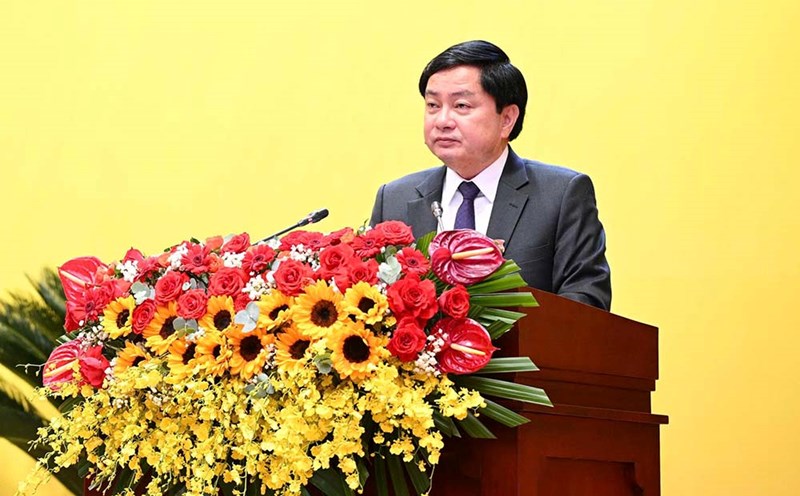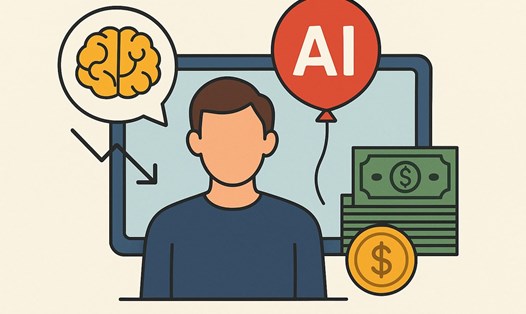Nick Turley, head of ChatGPT at OpenAI, is in the process of leading this AI chatbot to a major transformation, turning it into an AI operating system where users can access applications, services and content directly within the platform.
According to Turley, this idea was inspired by the web browser itself, a tool that has changed the way people interact with software.
In a conversation at devDay 2025 in San Francisco on October 6, Turley said ChatGPT has reached 800 million active weekly users, and the next step is to build an open-ended application ecosystem.
Partners such as Spotify, Uber, Coursera, DoorDash or Expedia will provide their applications right in ChatGPT, helping users book food, study or travel without leaving the platform.
If you want to write, program or place an order, ChatGPT will have an app for that, Turley said.
This is not the first time OpenAI has been experimenting with this approach. In 2023, the company launched GPT Store and plugin ChatGPT, but the effectiveness is still limited.
However, this time, OpenAI is changing its strategy: instead of letting the application stand alone, they will appear right in the chat experience, similar to how iOS integrates the App Store.
Turley also revealed that OpenAI is collaborating with Jony Ive, a former Apple design director, to develop a new line of hardware devices, expanding the ChatGPT ecosystem beyond computer screens.
At the same time, the company is said to be researching its own AI browser, which Turley described as very interesting.
However, operating an operating system also comes with major challenges. OpenAI will have to solve the problem of prioritizing application display, ensuring fairness for developers and protecting user privacy.
Turley said developers are only allowed to collect the minimum amount of data needed, and OpenAI is studying a zoning memory mechanism that allows users to control the application's data access.
Regarding the business model, Turley affirmed that ChatGPT is not only a commercialization tool, but a means of transporting OpenAI's non-profit mission, popularizing general artificial intelligence (AGI) to all of humanity.
ChatGPT helps users learn programming, learn foreign languages, and even supports parents in teaching autistic children. That is how AGI brings benefits to people, said Mr. Turley.
Although there are many open questions about revenue, privacy and competition with Google, Apple or Anthropic, OpenAI's ambition is clear when ChatGPT is not only a chatbot, but a central platform for all digital activities, where humans and AI share a new working environment.











